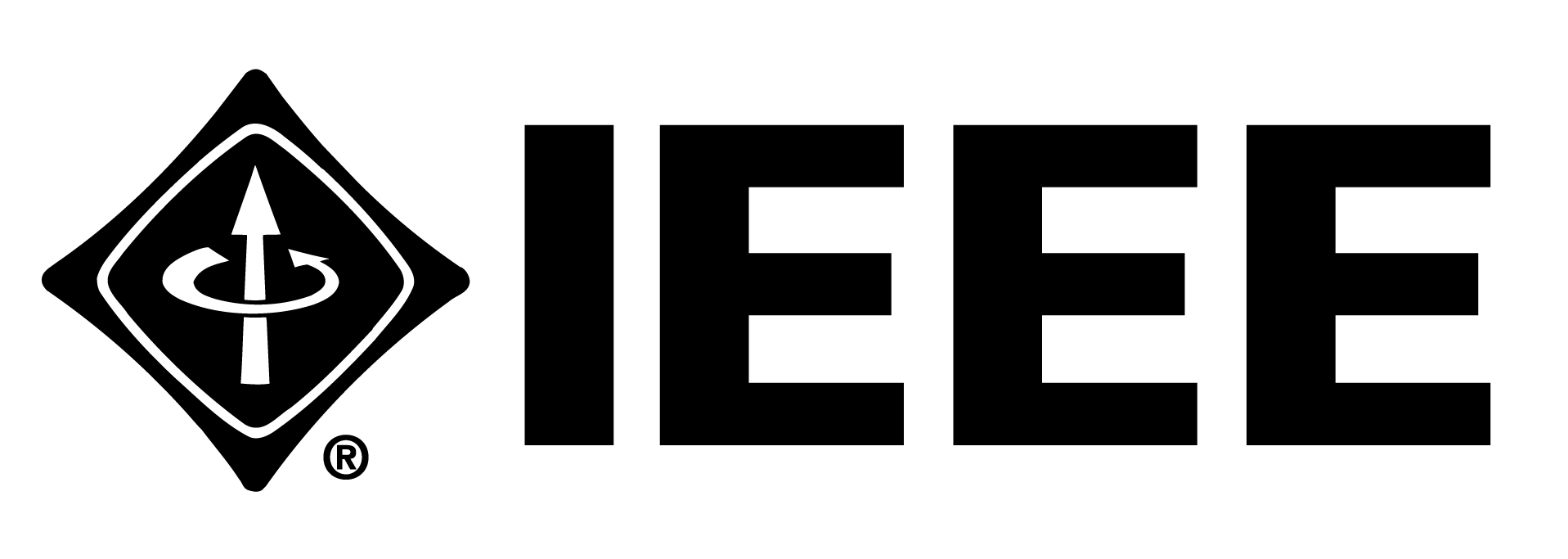The IEEE (Institute of Electrical and Electronics Engineers) Standards Association (IEEE-SA) has proposed a change to it’s IP (Intellectual Property) policy. The revised policy can be viewed here. The new policy comprises revisions to the provisions related to commitments from holders of Standards Essential Patents. The revised policy states that the patent holders have to make licenses for Standards Essential Patents available to other parties under Reasonable and Non-Discriminatory (RAND) terms.
The biggest change with respect to the updated policy is that the patent holder should not seek or enforce an injunction against an entity that implements a product with the Standards Essential Patent(s) of the patent holder, only on the implementing entity failing to agree terms or participate or comply in adjudication proceedings related to licensing the terms of an agreement between the patent holder and the implementing entity.
The update also defines what is a ‘reasonable term’. Previously, the term ‘reasonable term’ was not defined and it was up to to the patent holder and implementing party to decide and agree upon a ‘reasonable term’. Quoting from the policy, “Reasonable Rate” shall mean appropriate compensation to the patent holder for the practice of an Essential Patent Claim excluding the value, if any, resulting from the inclusion of that Essential Patent Claim’s technology in the IEEE Standard.
This is a welcome move, as it would potentially reduce the litigations in the telecommunication industry (which has potentially been going out of hand). This will force potential litigators to attempt to reach an agreement with each other, before the patent holder can approach the courts to seek an injunction against the implementing party (wherein the patent holder requests the Court to prevent the implementing party from selling product(s) which potentially infringe on the Standards Essential Patent(s) held by the patent holder).
This updated policy has received the approval from the US Department of Justice (DOJ), as per this communiqué from the DOJ.
Image source: IEEE



